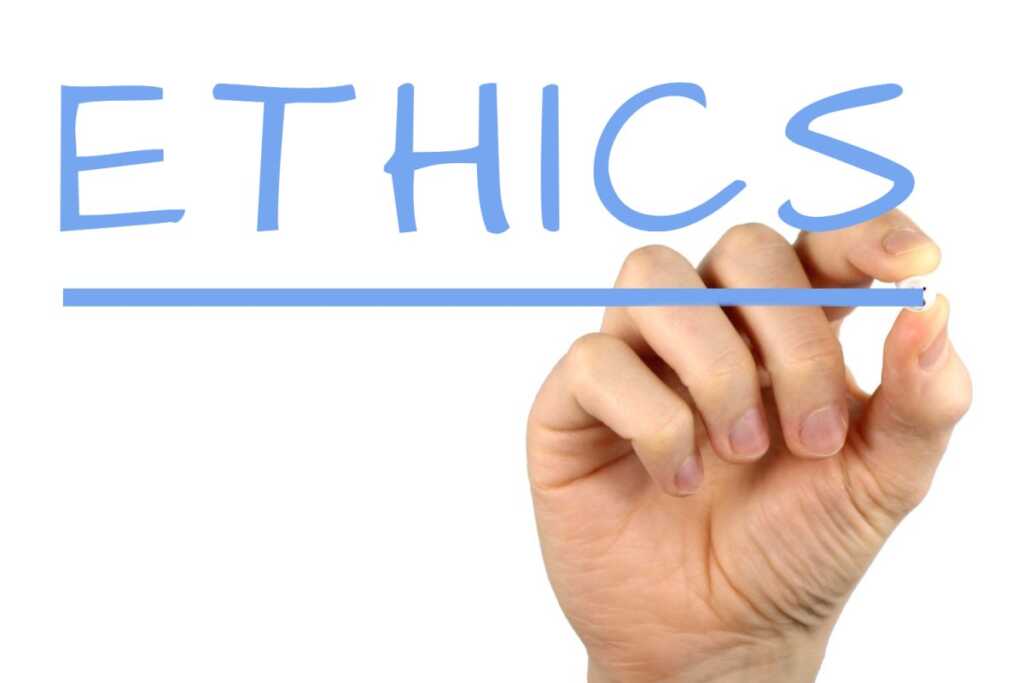How to Prepare for Corruption UPSC Topic for UPSC Exam
Corruption: Types, Causes and Ethics
Introduction
Corruption is a pervasive problem that plagues societies across the world. It refers to the abuse of power for personal gain, and it can take many forms, including bribery, embezzlement, nepotism, and cronyism. Corruption undermines economic development, erodes trust in public institutions, and distorts the allocation of resources. In this article, we will discuss the different types and causes of corruption, examine its ethical implications, and answer common questions related to the topic.
Types of Corruption
Petty Corruption
Petty corruption refers to the low-level corruption that occurs in day-to-day interactions between citizens and public officials. It is often characterized by small bribes paid to officials to speed up bureaucratic procedures, such as obtaining permits or licenses. This type of corruption is widespread in many developing countries, where bureaucratic red tape and low salaries for civil servants provide fertile ground for corrupt practices.
Grand Corruption
Grand corruption refers to high-level corruption that involves top officials in government or business. It usually involves large sums of money and can have significant consequences for economic development and political stability. Examples of grand corruption include embezzlement of public funds, bribery in procurement contracts, and the abuse of power to gain control over natural resources.
Political Corruption
Political corruption refers to corruption in the political process, including the buying of votes, gerrymandering, and the use of public funds for political campaigns. This type of corruption undermines the integrity of democratic institutions and erodes public trust in the political process.
Causes of Corruption


Weak Institutional Framework
Weak institutional frameworks, such as inadequate laws and regulations, ineffective law enforcement, and lack of accountability, can create an environment that facilitates corruption. In many developing countries, the absence of strong institutions and the prevalence of informal networks and personal relationships provide opportunities for corrupt practices.
Greed and Self-Interest
Greed and self-interest are often cited as major causes of corruption. When public officials are motivated by personal gain rather than the public interest, they are more likely to engage in corrupt practices.
Low Salaries and Poor Working Conditions
Low salaries and poor working conditions for public officials can create incentives for them to engage in corrupt practices. When civil servants are poorly paid and their working conditions are inadequate, they may be more susceptible to bribes and other forms of corruption.
Ethics and Corruption


Corruption is not only illegal, but it is also unethical. It undermines the principles of fairness, justice, and equality, which are essential to the functioning of democratic societies. Corruption distorts the allocation of resources, diverts public funds from their intended purposes, and undermines public trust in government institutions.
Ethical considerations are particularly important for public officials, who have a duty to serve the public interest. Public officials must avoid conflicts of interest, ensure transparency and accountability, and act in accordance with the law and professional ethics. Failure to uphold these ethical standards can result in serious consequences, including legal sanctions, loss of public trust, and damage to personal reputation.
Corruption UPSC Mains Questions and Answers
Q. What is the impact of corruption on economic development?
A. Corruption has a negative impact on economic development. It distorts the allocation of resources, creates a business environment that is unfriendly to investment, and undermines the rule of law. Corruption also contributes to income inequality, as resources are diverted to the wealthy and powerful at the expense of the poor.
Q. What are some measures that can be taken to reduce corruption?
A. Measures that can be taken to reduce corruption include strengthening institutions and laws, increasing transparency and accountability, promoting ethical behavior, and educating the public about the negative consequences of corruption. International cooperation and assistance can also play a role in combating corruption.
Q. How can individuals and organizations avoid engaging in corrupt practices?
A. Individuals and organizations can avoid engaging in corrupt practices by adhering to ethical principles and promoting transparency and accountability. This can include implementing codes of conduct, ensuring that all financial transactions are properly documented and audited, and avoiding conflicts of interest. Organizations can also promote a culture of integrity by rewarding ethical behavior and sanctioning unethical behavior.
Q. How can citizens hold their governments accountable for corruption?
A. Citizens can hold their governments accountable for corruption by demanding transparency and accountability, participating in civic activities such as protests and civil society organizations, and by reporting instances of corruption to the appropriate authorities. Citizens can also exercise their right to vote and support political candidates who are committed to fighting corruption.
Corruption UPSC FAQs
- What is corruption? Corruption is the abuse of power for personal gain, such as bribery, embezzlement, nepotism, and cronyism.
- What are the types of corruption? The types of corruption include petty corruption, grand corruption, and political corruption.
- What are the causes of corruption? The causes of corruption include weak institutional frameworks, greed and self-interest, and low salaries and poor working conditions for public officials.
- How does corruption impact economic development? Corruption has a negative impact on economic development. It distorts the allocation of resources, creates an unfriendly business environment, and contributes to income inequality.
- How can corruption be reduced? Corruption can be reduced by strengthening institutions and laws, promoting transparency and accountability, promoting ethical behavior, and educating the public about the negative consequences of corruption.
- How can citizens hold their governments accountable for corruption? Citizens can hold their governments accountable for corruption by demanding transparency and accountability, participating in civic activities, and by reporting instances of corruption to the appropriate authorities.
- Why is it important for public officials to adhere to ethical standards? Public officials have a duty to serve the public interest. Failure to uphold ethical standards can result in serious consequences, including legal sanctions, loss of public trust, and damage to personal reputation.
- How can individuals and organizations avoid engaging in corrupt practices? Individuals and organizations can avoid engaging in corrupt practices by adhering to ethical principles and promoting transparency and accountability. This can include implementing codes of conduct, ensuring that all financial transactions are properly documented and audited, and avoiding conflicts of interest.
How to prepare Corruption UPSC topic for UPSC Exam
Here are some tips to help you prepare effectively:
- Understand the different types of corruption: Before you start preparing, it’s important to understand the different types of corruption, such as petty, grand, and political corruption. This will help you identify the various forms of corruption that exist and their impact on society.
- Study the causes of corruption: Understanding the causes of corruption is essential to developing effective strategies to combat it. Causes of corruption can include weak institutional frameworks, greed and self-interest, and low salaries and poor working conditions for public officials.
- Focus on ethics and integrity: Ethics and integrity are important to combating corruption. Make sure to study ethical principles and the role of transparency and accountability in promoting ethical behavior.
- Learn about the impact of corruption: Corruption has a negative impact on economic development, distorts the allocation of resources, and undermines public trust in government institutions. Make sure to study the impact of corruption and its consequences.
- Practice answering questions on corruption: Practicing answering questions on corruption will help you become more familiar with the topic and develop effective strategies for tackling it. Make use of UPSC previous year question papers and online resources to practice.
- Stay updated: Corruption is a dynamic and evolving issue. Make sure to stay updated on current events related to corruption, both nationally and internationally, and their impact on society.
By following these tips and developing a strong understanding of the corruption upsc topic, you can prepare effectively for the UPSC Exam and contribute to building a more just and equitable society.
Conclusion
Corruption is a complex and pervasive problem that undermines economic development, erodes public trust in government institutions, and distorts the allocation of resources. It takes many forms and is caused by a variety of factors, including weak institutional frameworks, greed and self-interest, and poor working conditions for public officials. Ethics and accountability are essential to combating corruption, and individuals and organizations can play a role in promoting transparency and ethical behavior. By working together to combat corruption, we can build a more just and equitable society.
